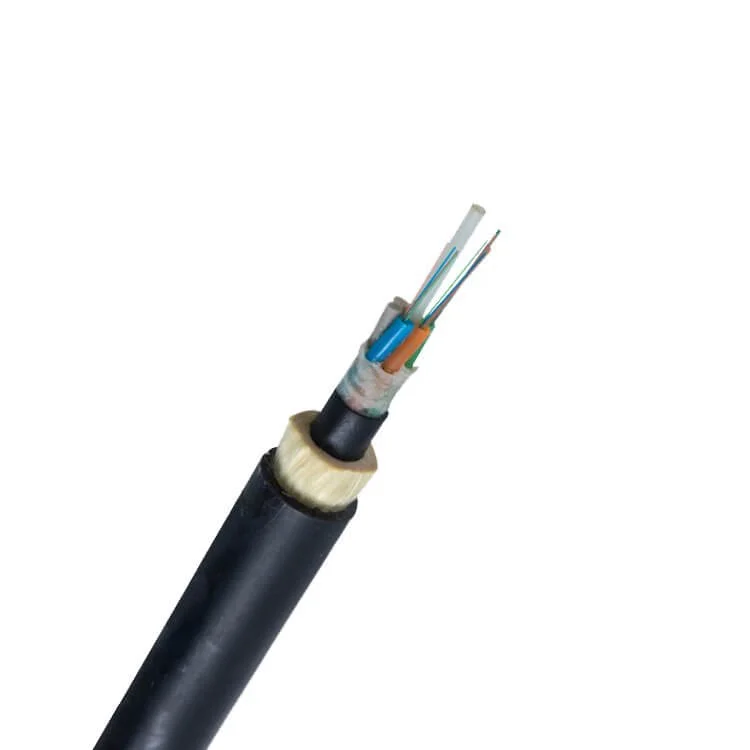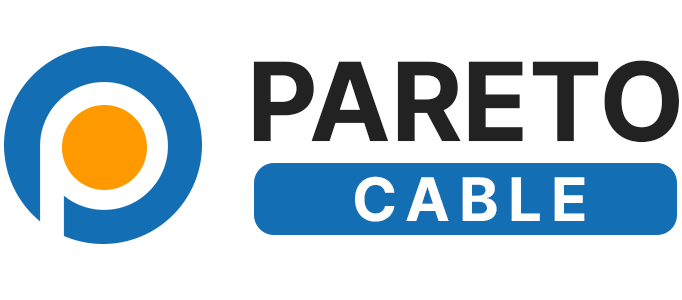What Makes Standard ADSS Cable Stand Out?
Standard ADSS (All-Dielectric Self-Supporting) fiber optic cable has emerged as one of the most trusted solutions for long-distance aerial fiber optic installations. Designed to meet the demands of modern communication networks, this cable offers a combination of performance, durability, and cost-effectiveness that makes it the go-to choice for both telecom and electric utility companies. What sets ADSS cables apart from traditional fiber optic cables is their unique construction: they are all-dielectric and self-supporting, meaning they do not require metallic reinforcement wires, like messenger cables, for support.

Key Features and Benefits of ADSS Cable
One of the primary advantages of Standard ADSS cable is its self-supporting nature. Unlike other fiber optic cables that rely on external support structures, ADSS cables are designed to be suspended between utility poles or towers, eliminating the need for additional metallic components. This makes installation faster, simpler, and more affordable, without compromising the integrity or reliability of the network.
The optical fibers within an ADSS cable are protected by robust layers of dielectric materials that shield them from environmental elements such as moisture, UV radiation, and extreme temperatures. The outer sheath of the cable is typically made from UV-resistant polymers, ensuring that the cable can withstand prolonged exposure to sunlight and harsh weather conditions. This makes it ideal for outdoor applications, even in areas where traditional fiber optic cables might struggle to perform.
Another critical component of ADSS cables is their tensile strength. They are reinforced with high-strength materials like aramid fibers (e.g., Kevlar) or fiberglass, which allow the cables to bear the mechanical stress encountered during installation and throughout their operational lifespan. This reinforcement helps the cables span long distances between poles without sagging or failing, making them a reliable choice for wide-area coverage.
Applications and Industries That Benefit from ADSS Cables
Standard ADSS cables are ideal for a variety of industries, particularly in telecommunications, broadband networks, and electric utility services. Their ability to maintain high-speed data transmission over long distances, even in challenging outdoor conditions, makes them indispensable in areas such as rural and suburban installations, where poles are spaced farther apart. Additionally, since ADSS cables are non-metallic, they are less susceptible to corrosion and electromagnetic interference, ensuring reliable and uninterrupted data flow.
Given their long-lasting durability and minimal maintenance requirements, Standard ADSS cables are an excellent investment for companies looking to expand their communication networks or enhance existing infrastructure. These cables not only provide efficient and fast data transmission but also offer a cost-effective solution for wide-scale deployments, making them a preferred choice for both new installations and upgrades.
